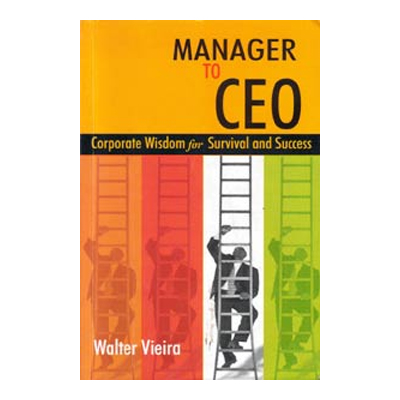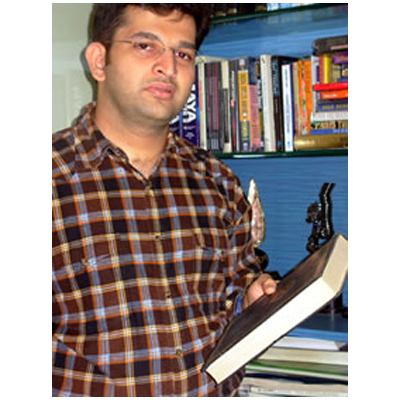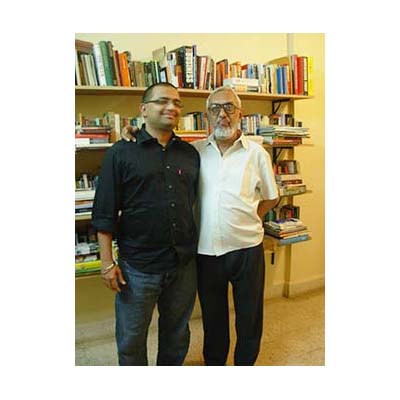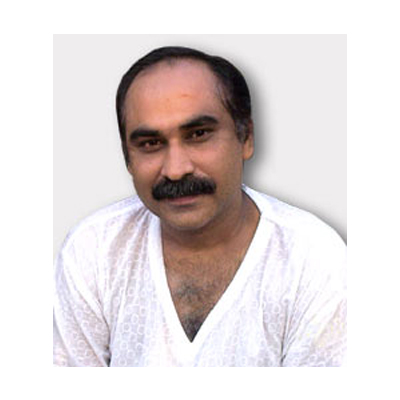DisneyWar: The Battle for the Magic Kingdom
Book Review by - Anand Gurnani
Think Disney and the following automatically comes to your mind
1) Animation & family entertainment
2) Media Conglomerate
Think Disney again and you probably will think about Michael Eisner vs Roy Disney - the boardroom battles reported every day on the front pages of international business dailies.
DisneyWar by James B. Stewart, one of America's most acclaimed journalists, zooms in on the changing equations between the powerful people at Disney during the last two decades. As the title aptly describes, the book is an inside story of what drove the iconic entertainment company to a civil war.
The boardroom battles however are not the only high point of the book. DisneyWarhas a multidimensional pull. The fascinating thing about the book is that it demonstrates the extent of influence that Individuals at the helm of large Media Conglomerates can have, over decisions that alter the history of popular culture. Even more interesting is the background of the action which is Hollywood, Animation, Broadway, Theme Parks, Television Networks and the entire entertainment sphere; all this viewed from the seats of power.
The book throws light on the past 20 years of Eisner's tenure at Disney during which the company had 10-12 individuals who served in various capacities and later since moved on to lead major corporations in Hollywood and beyond. These include Dreamworks Animation Chairman and CEO Jeffery Katzenberg, Comcast President Steve Burke, Revolution Studios Chairman Joe Roth, NFL networks CEO Steve Bornstein, Yahoo Media & Entertainment head Lloyd Braun, Hilton Hotels Chairman and CEO Steve Bollenbach, eBay Chairman and CEO Meg Whitman, Martha Stewart Omnimedia CEO Susan Lyne and Former Chariman of 20th Century Fox Bill Mechanic.
DisneyWar closes in on the changing equations that Eisner had with these individuals before, during and after they were at Disney. Add to that the changing equations with Pixar and Miramax and you have a blockbuster Book which no media & entertainment professional would be able to resist reading.
Yet another aspect of the book is the first hand knowledge quotient that it offers in terms of the subject and background being entertainment.Sample the following memo issued by Eisner while still at Paramount:
"We have no obligation to make art. We have no obligation to make history. We have no obligation to make a statement. But to make money. It is important to make history, to make art or to make some significant statement....In order to make money, we must always make entertaining movies, and if we make entertaining movies, at times we will reliably make history, make art, a statement or all three. We may even win awards... we cannot expect numerous hits but if every film has an original and imaginative concept, then we can be confident something can break through"
Or sample Eisner's singles and doubles formula for making films:
"We should generally resist making expensive overall deals with box office stars and top directors because we can attract then with strong material later on." During the course of his career however, the same Eisner who issued these memos did sanction quite a few event movies (as he referred to big budget, top stars and director movies).
Identical to Eisner's career graph just before he got into Disney and while there, the book takes off with an exciting part and the tempo stays upbeat until somewhere in the middle where the book begins to drag a bit, gradually hovering towards a dramatic climax.
Overall the 538 page non fiction saga is definitely a compelling read.







 Do you find interesting things in every book? How do you choose books you read?
Do you find interesting things in every book? How do you choose books you read? Your reading pace
Your reading pace





